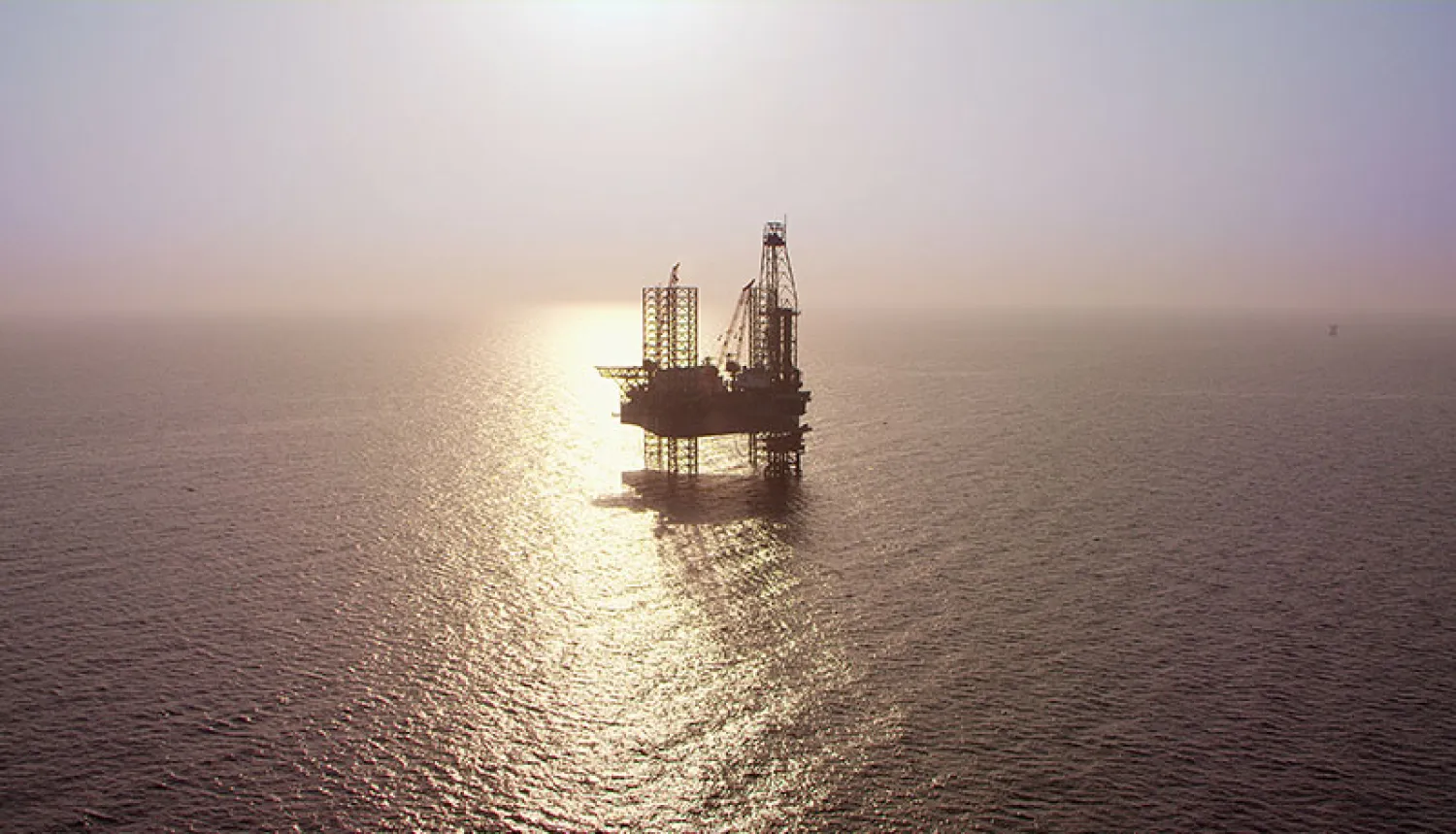Abu Dhabi National Oil Company (ADNOC) revealed on Friday a second discovery of natural gas resources in the first exploration well in Abu Dhabi's Offshore Block 2 Exploration Concession, operated by Eni.
The find from a new deeper reservoir. which indicates between 1 – 1.5 trillion standard cubic feet (TSCF) of raw gas in place, builds on the initial finding in February 2022 from a shallower target, taking the total amount of gas in place from this single well to 2.5 - 3.5 TSCF.
A consortium, led by Eni and PTT Exploration and Production Public Company Limited (PTTEP), was awarded the exploration rights for Offshore Block 2 in 2019 as part of ADNOC's debut competitive block bid round.
ADNOC Upstream Executive Director Yaser Saeed Almazrouei said that the discovery highlights ADNOC's accelerated exploration and development program and how it's "identifying untapped hydrocarbon resources, creating long-term value for the UAE".
"We are particularly pleased to see Eni and PTTEP pursuing deeper zones, which has demonstrated additional potential resources in place. We look forward to continuing to work with all our strategic partners to sustainably identify and further unlock Abu Dhabi's hydrocarbon resources," he said, state news agency WAM reported.
In May 2022, ADNOC also announced the discovery of approximately 100 million barrels of oil in place in Abu Dhabi's Onshore Block 3, operated by Occidental, while in December 2021, up to 1 billion barrels of oil equivalent (BBOE) in Onshore Block 4 Exploration Concession, which is operated by INPEX/JODCO was confirmed.
ADNOC launched Abu Dhabi's first and second competitive block bid rounds in 2018 and 2019, respectively, offering a set of major onshore and offshore blocks to international companies, on behalf of the Government of Abu Dhabi.









